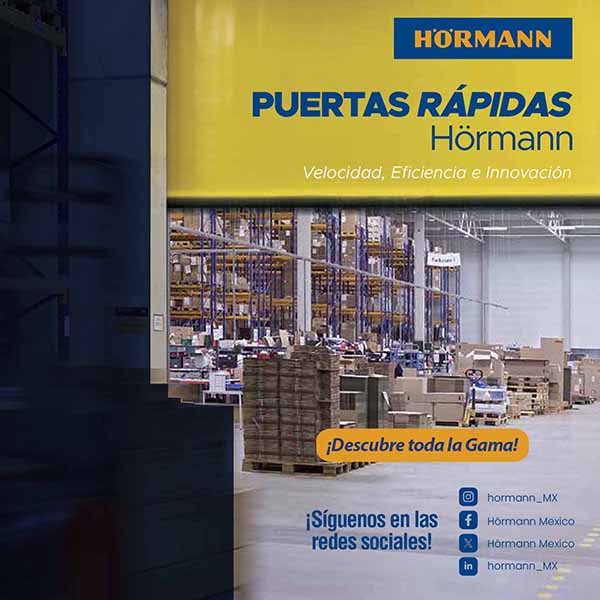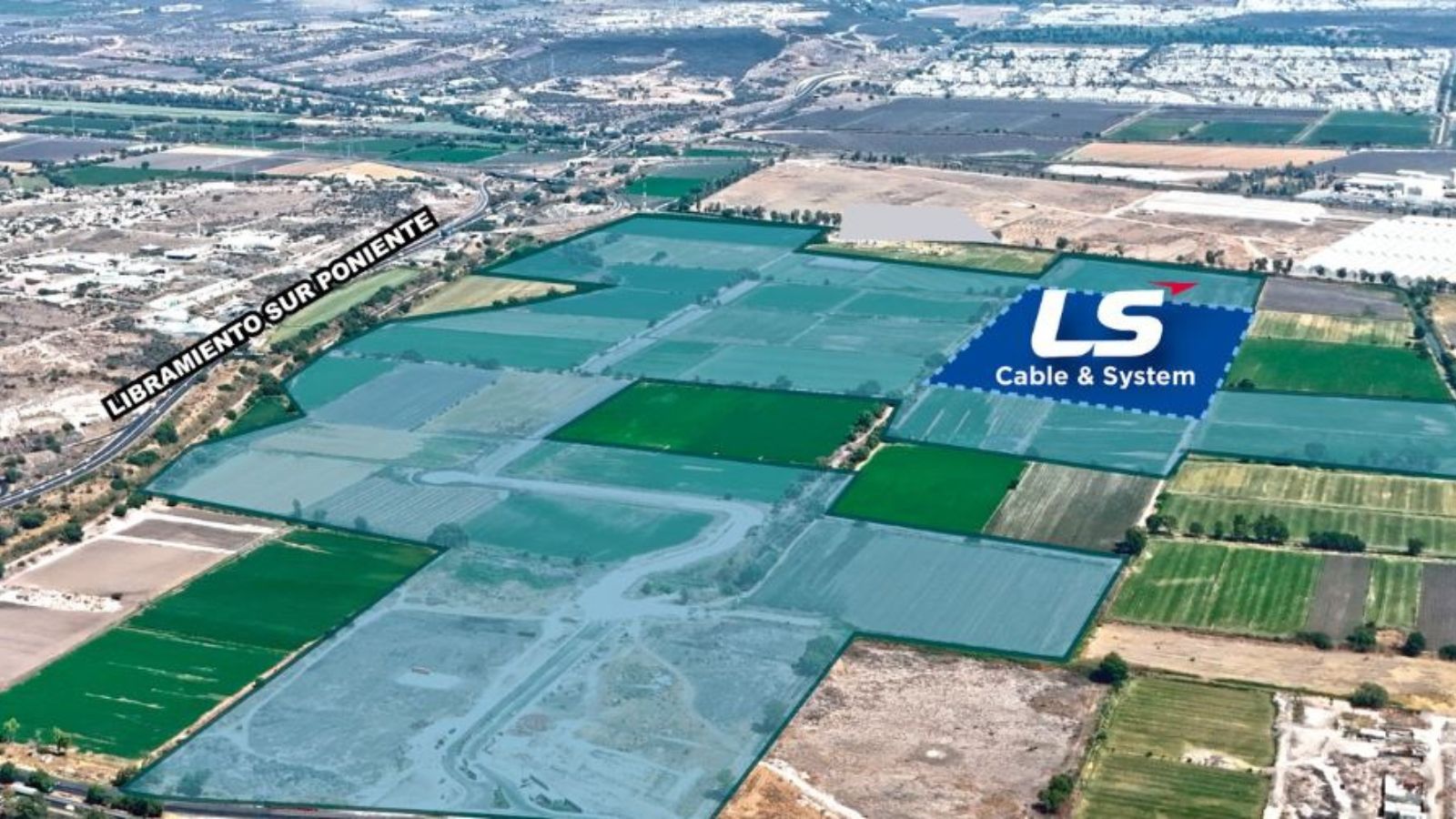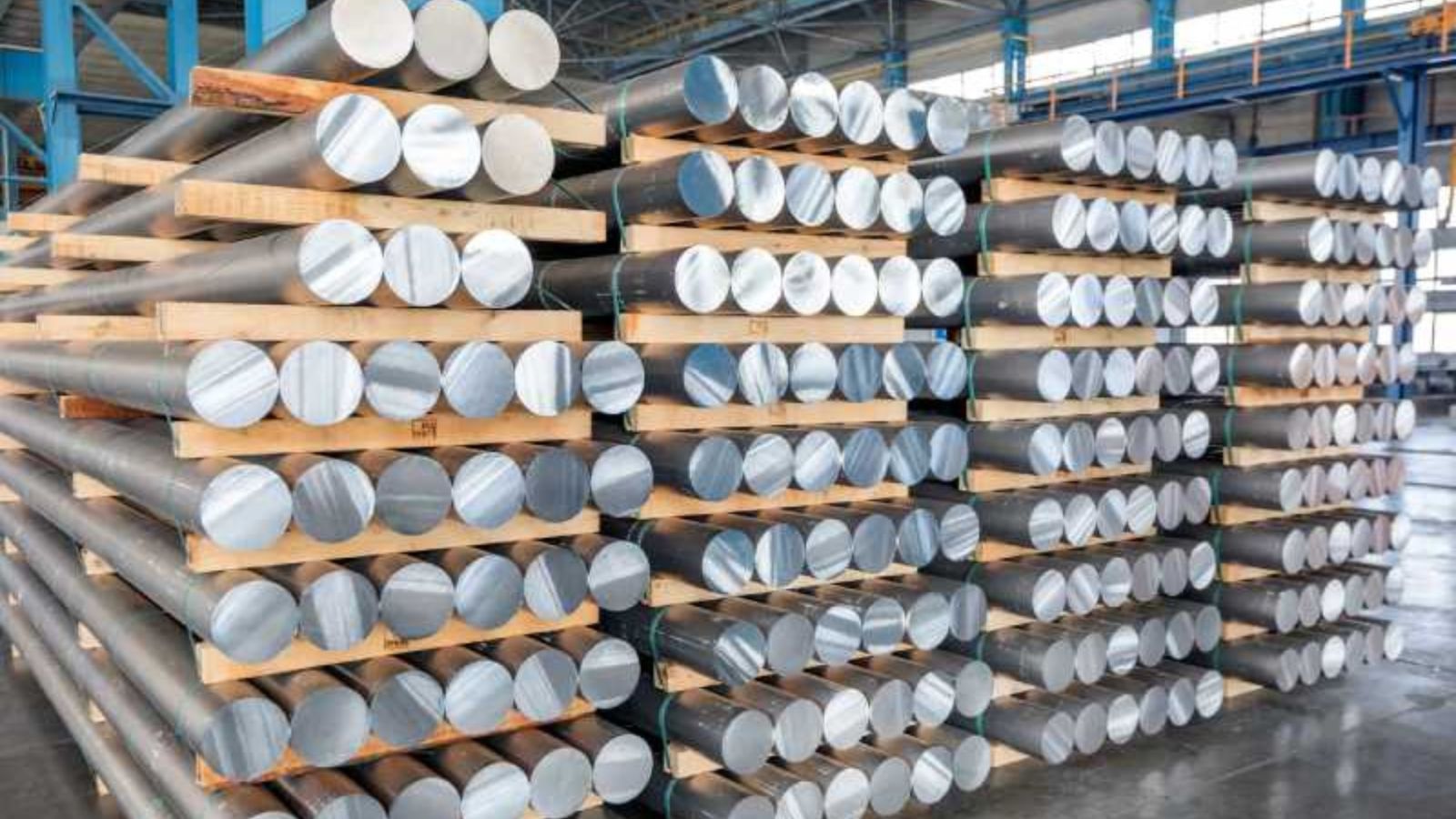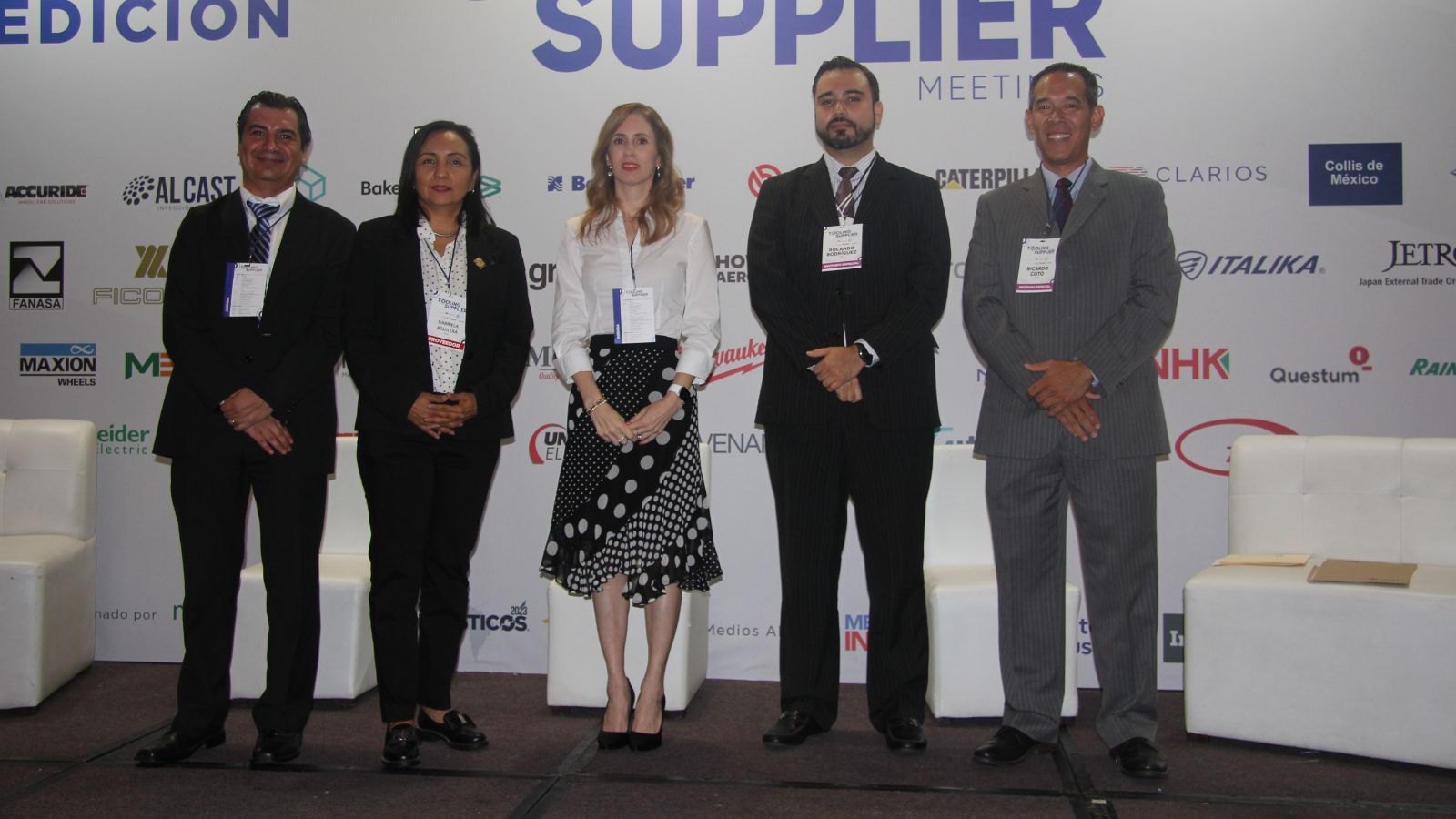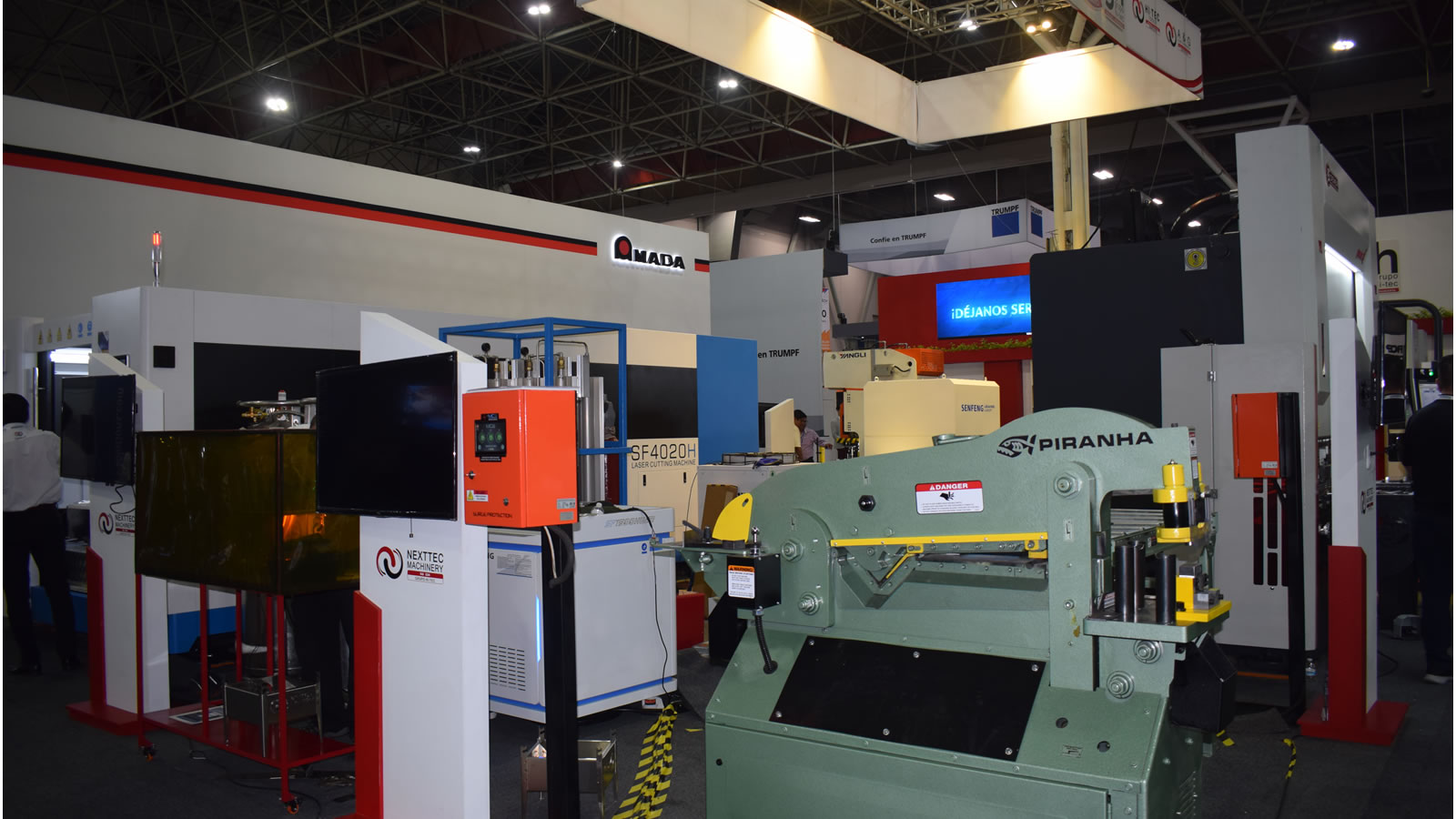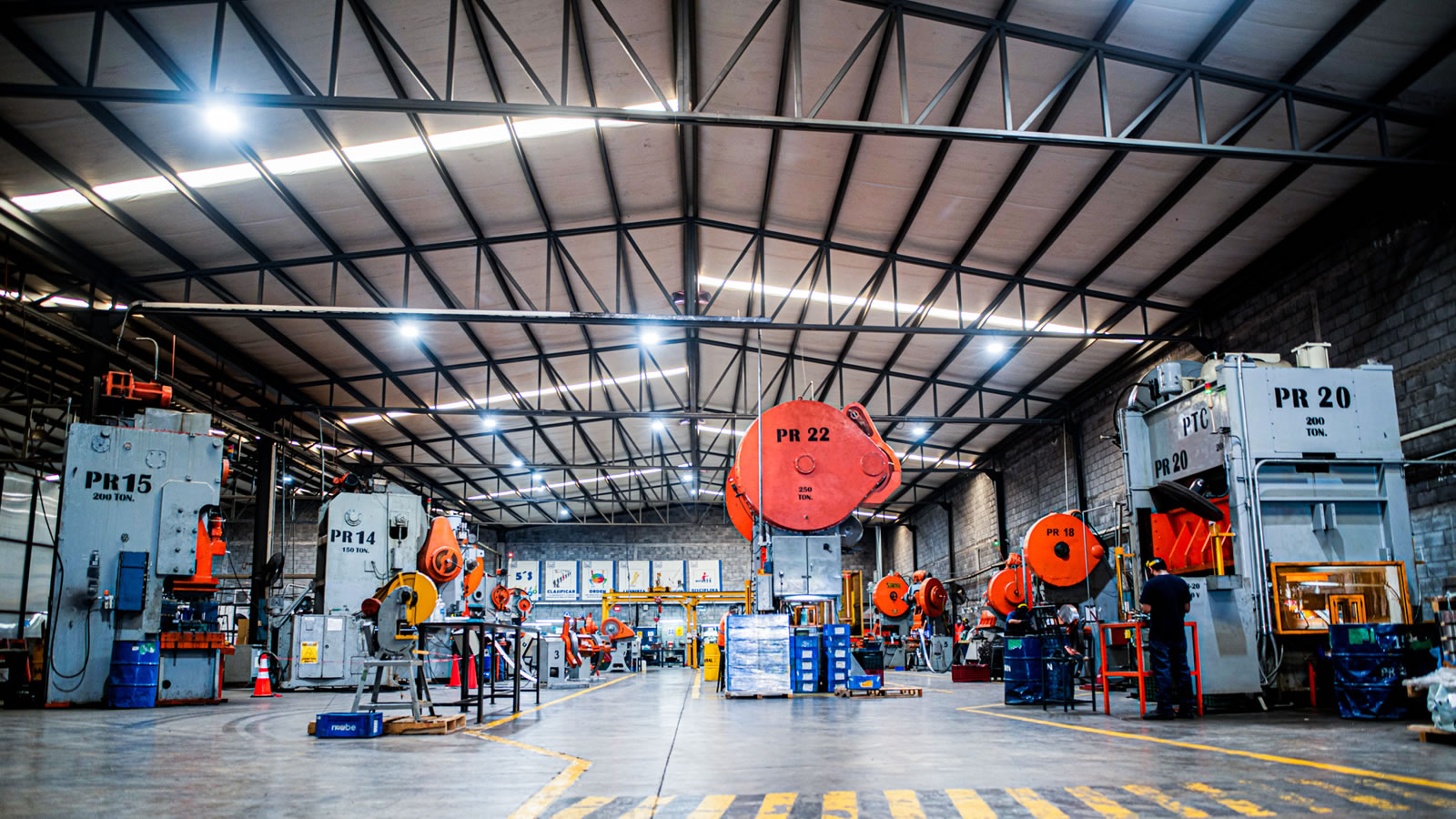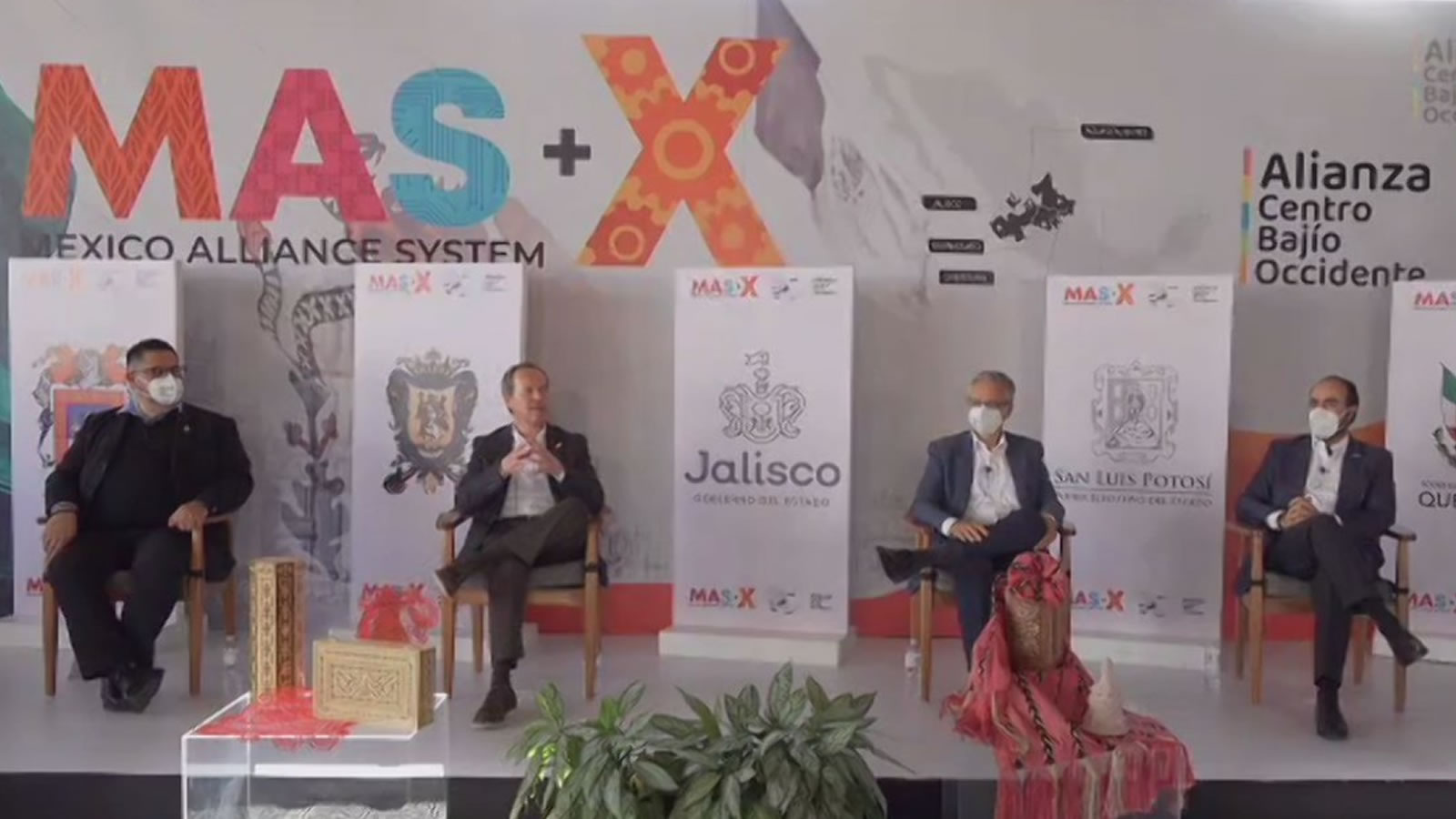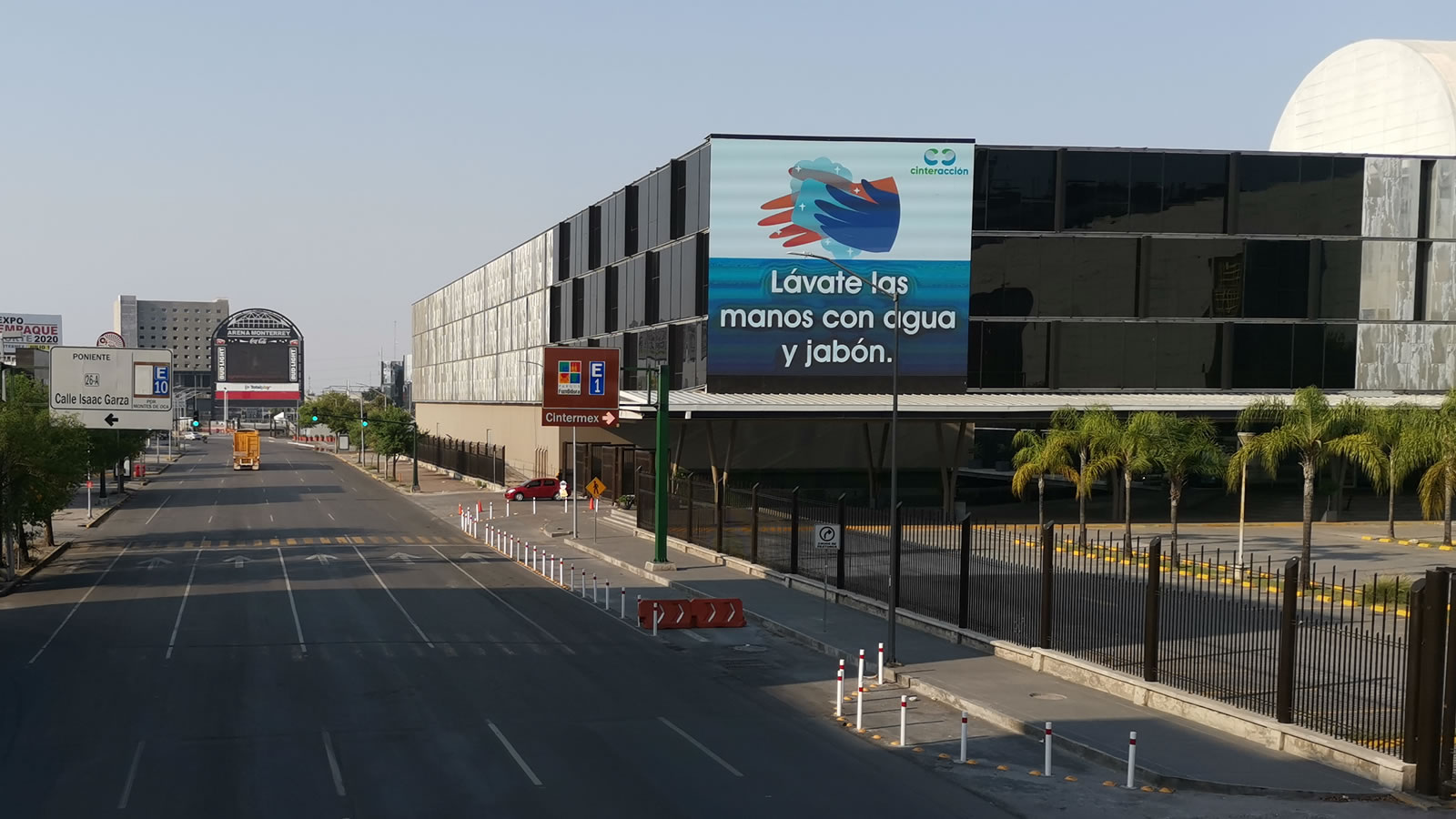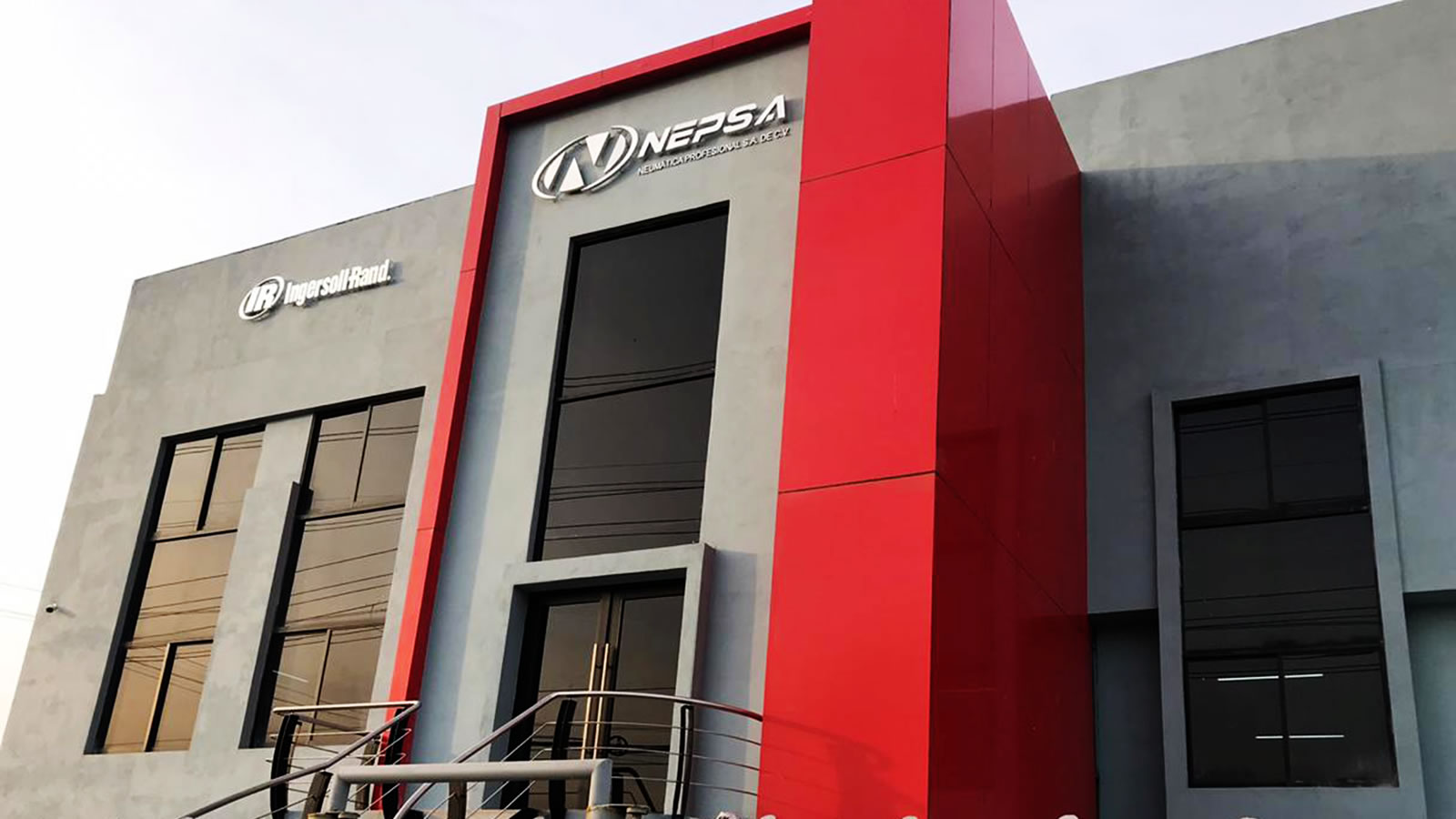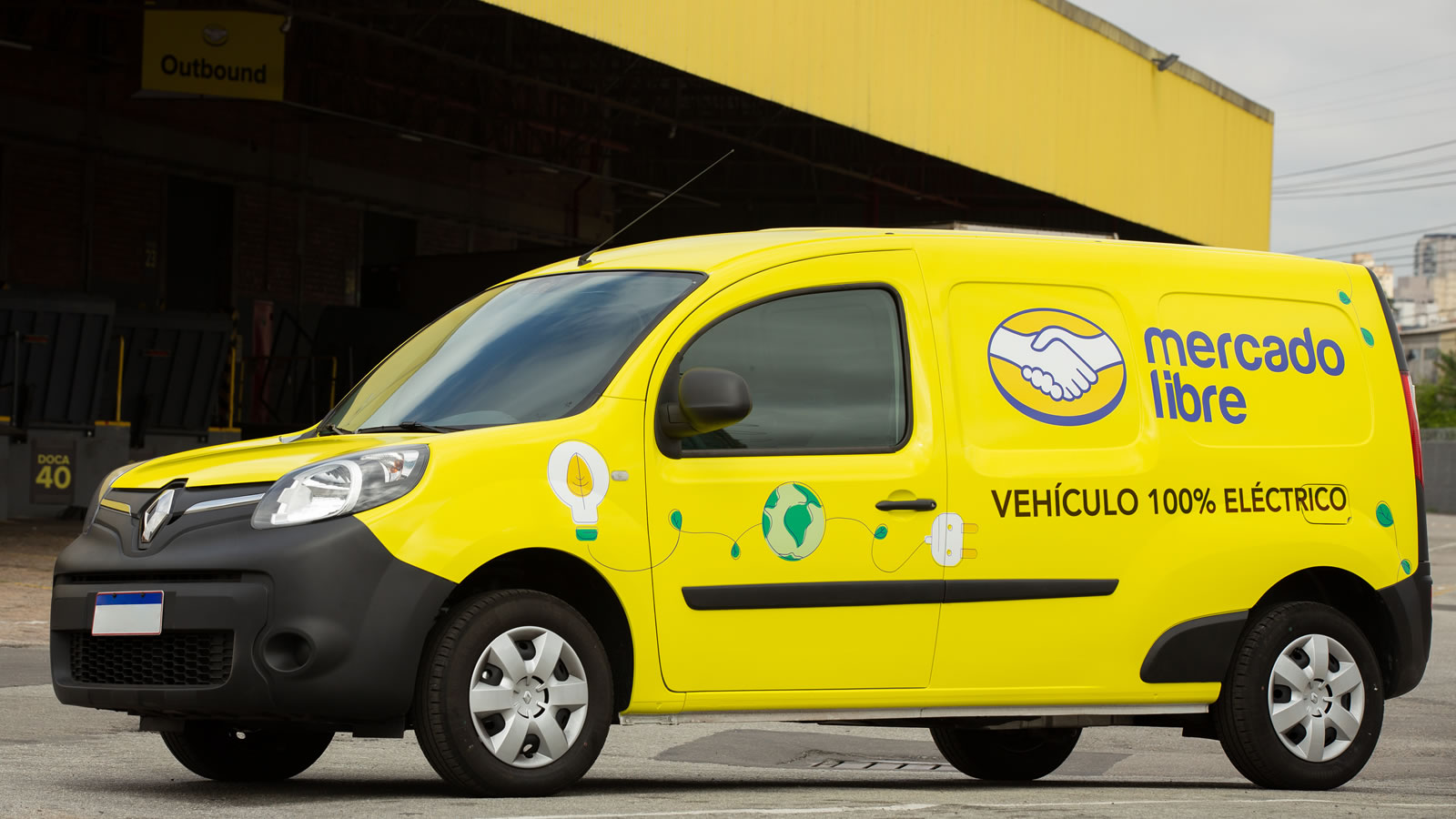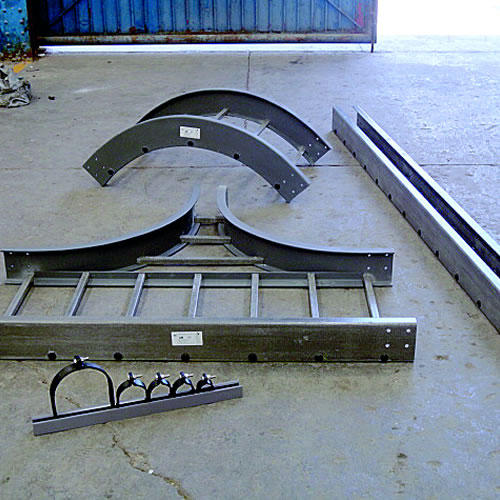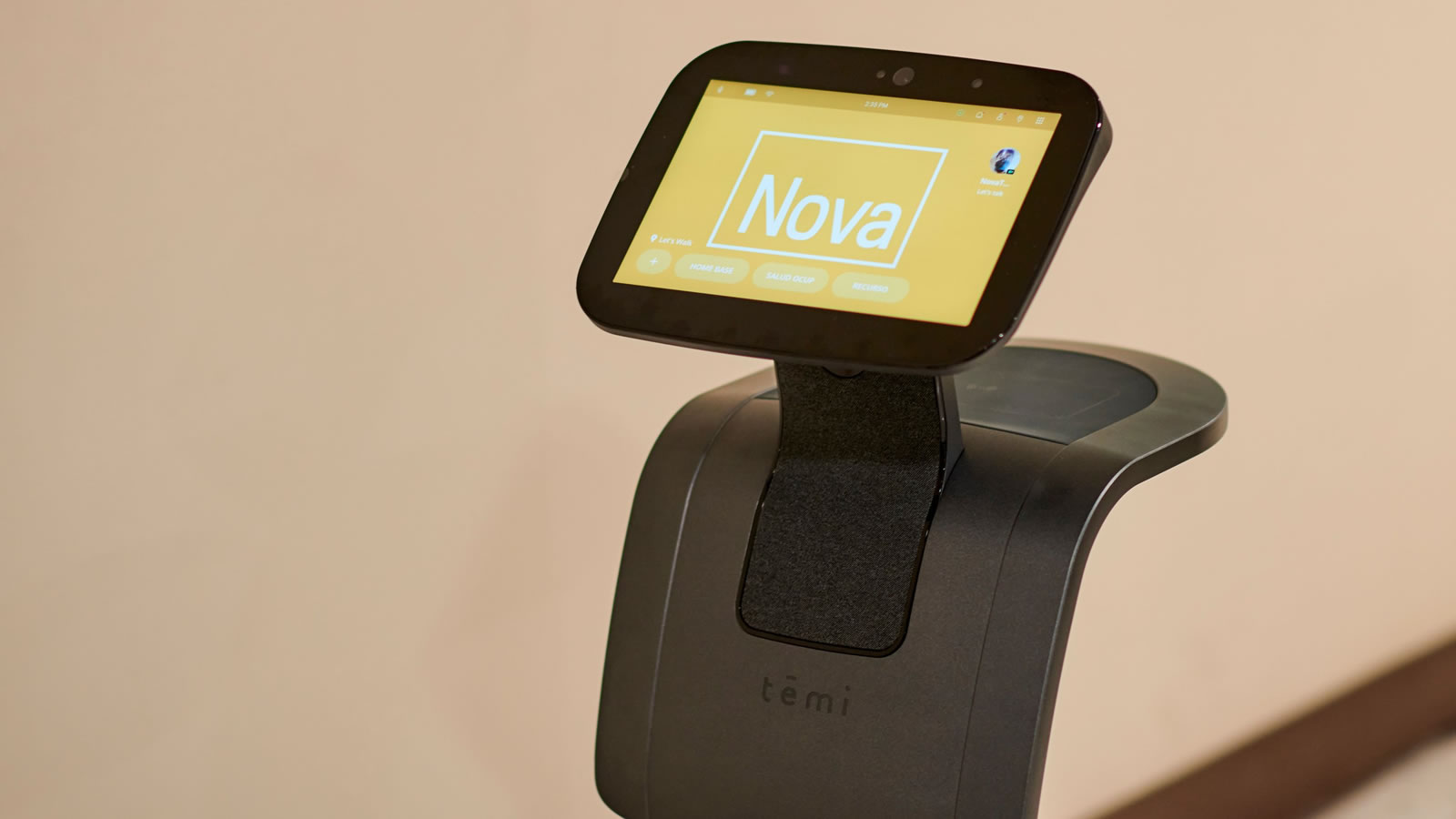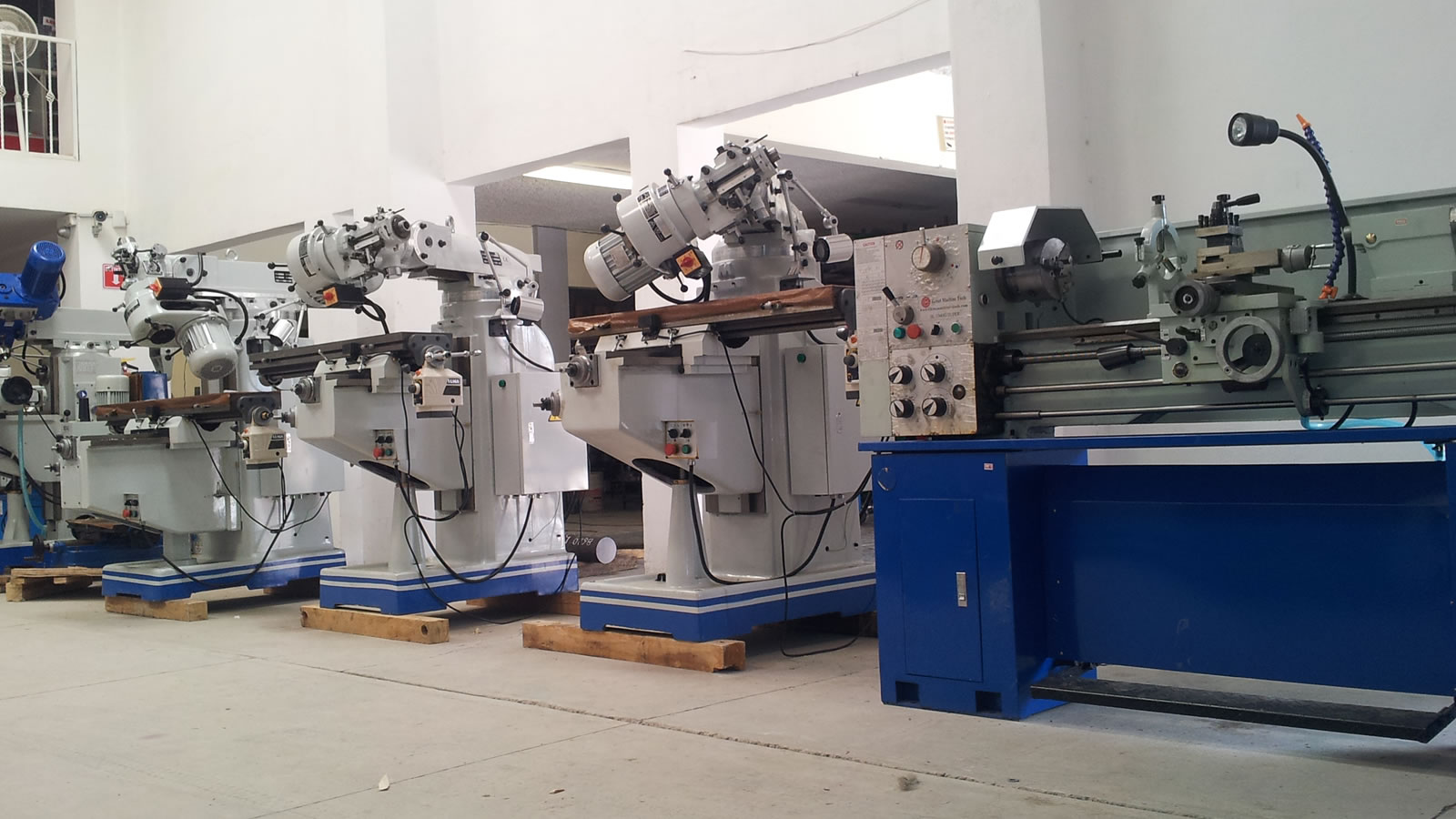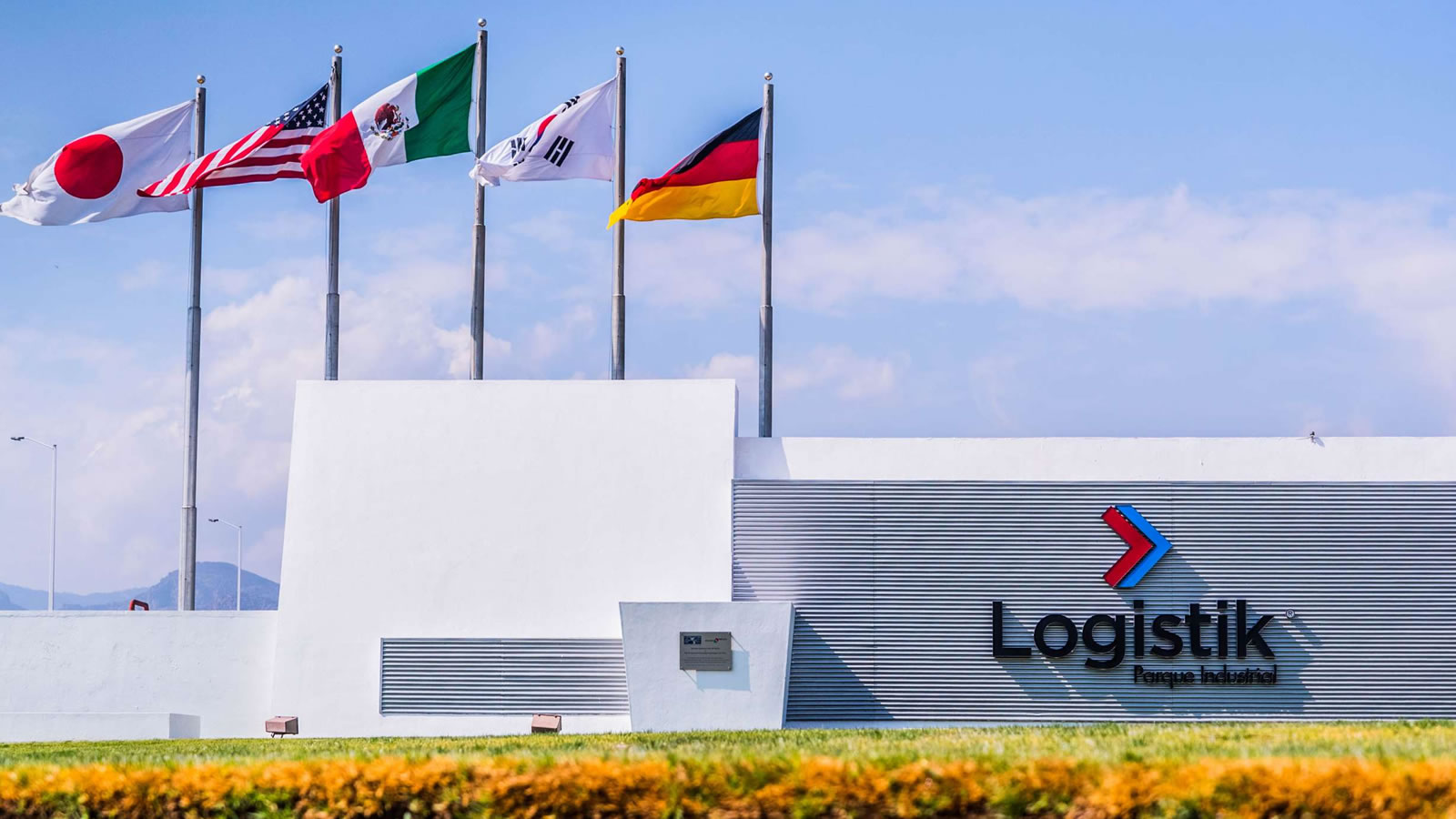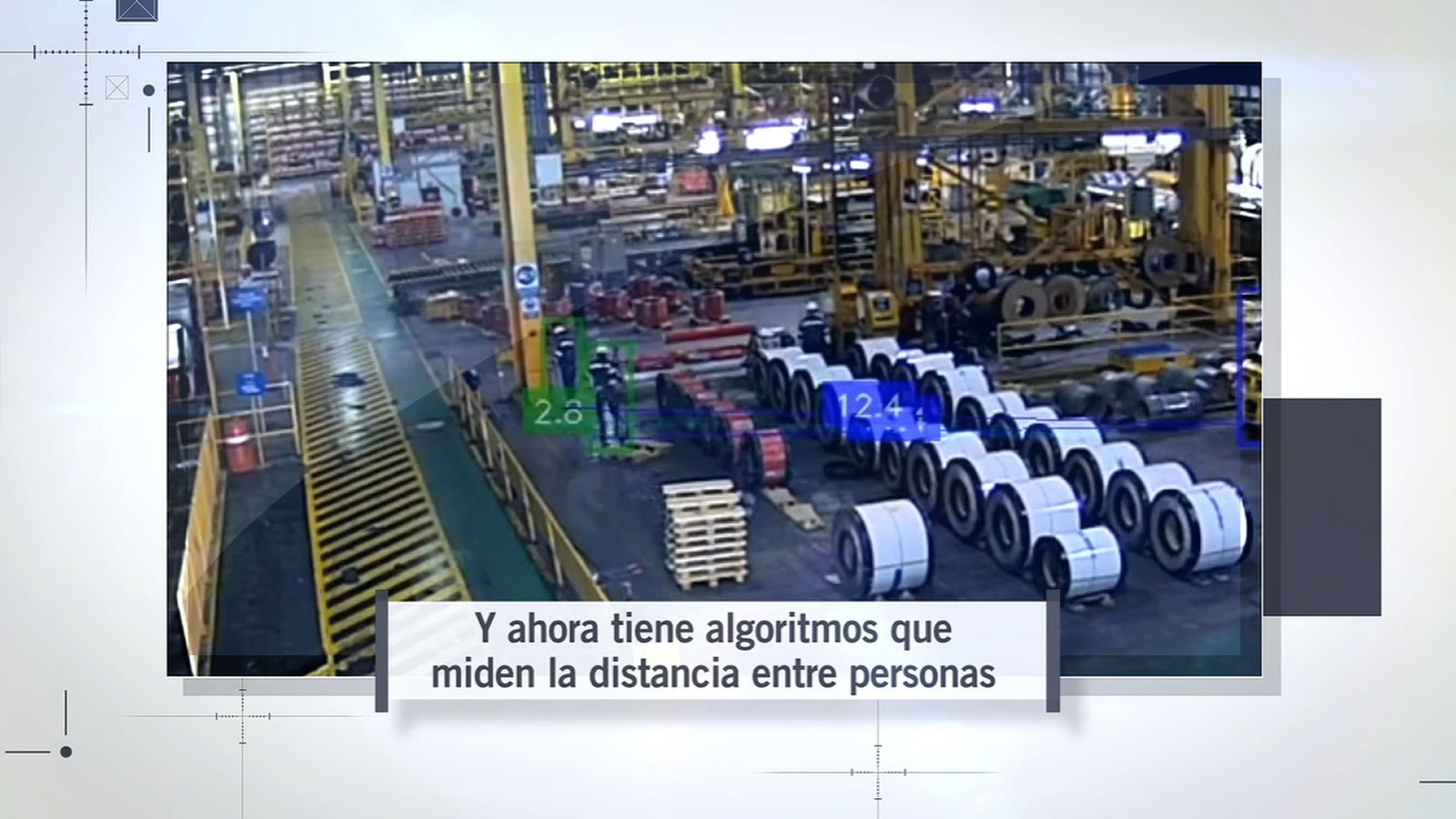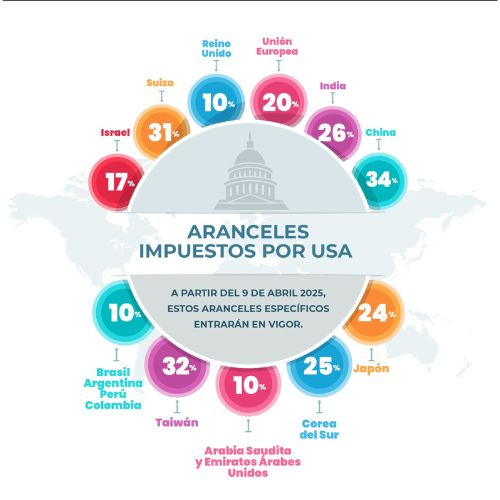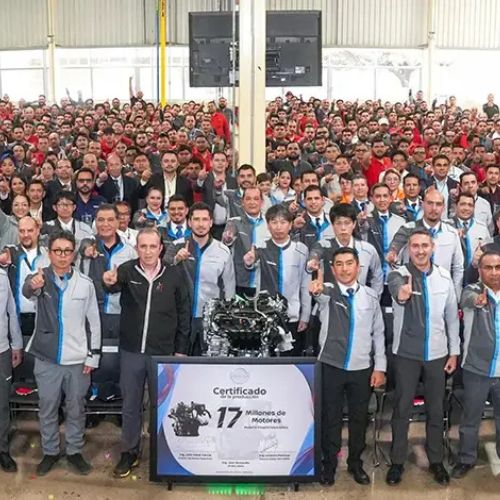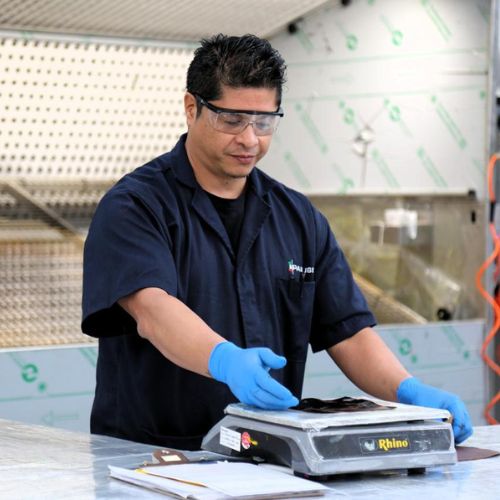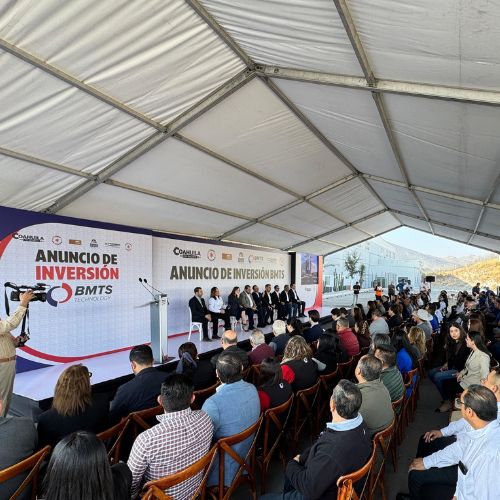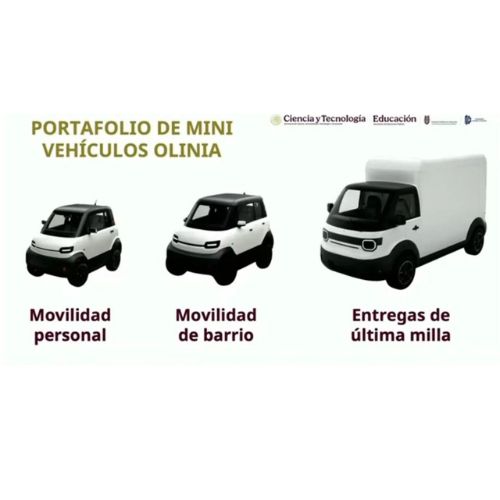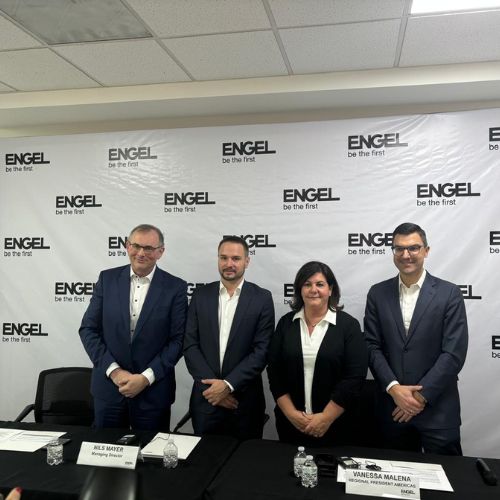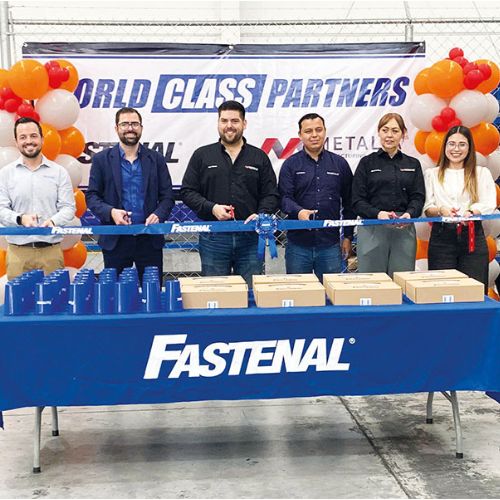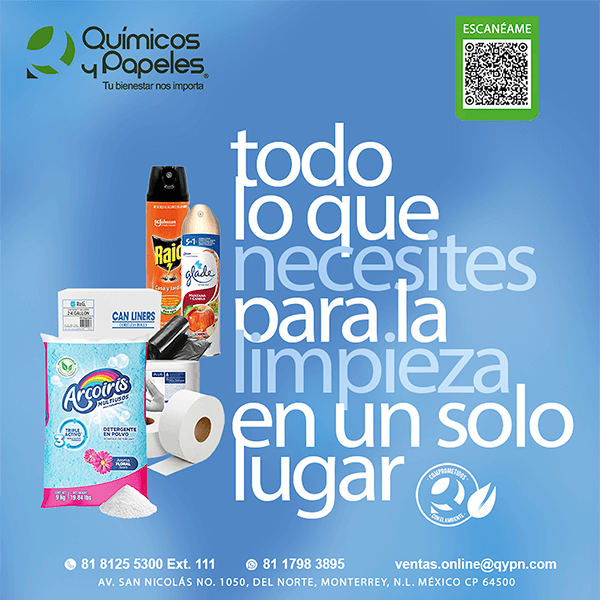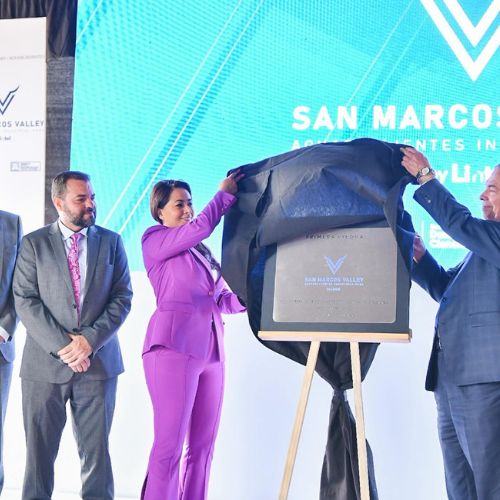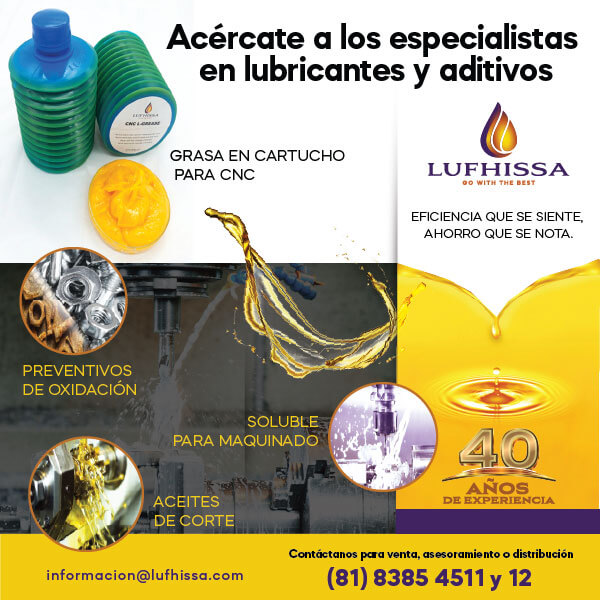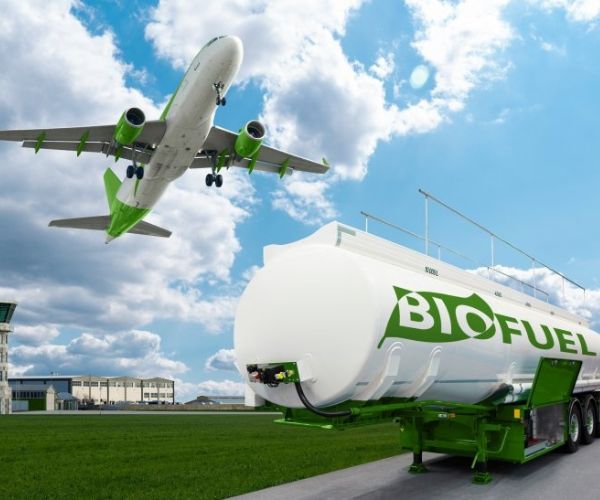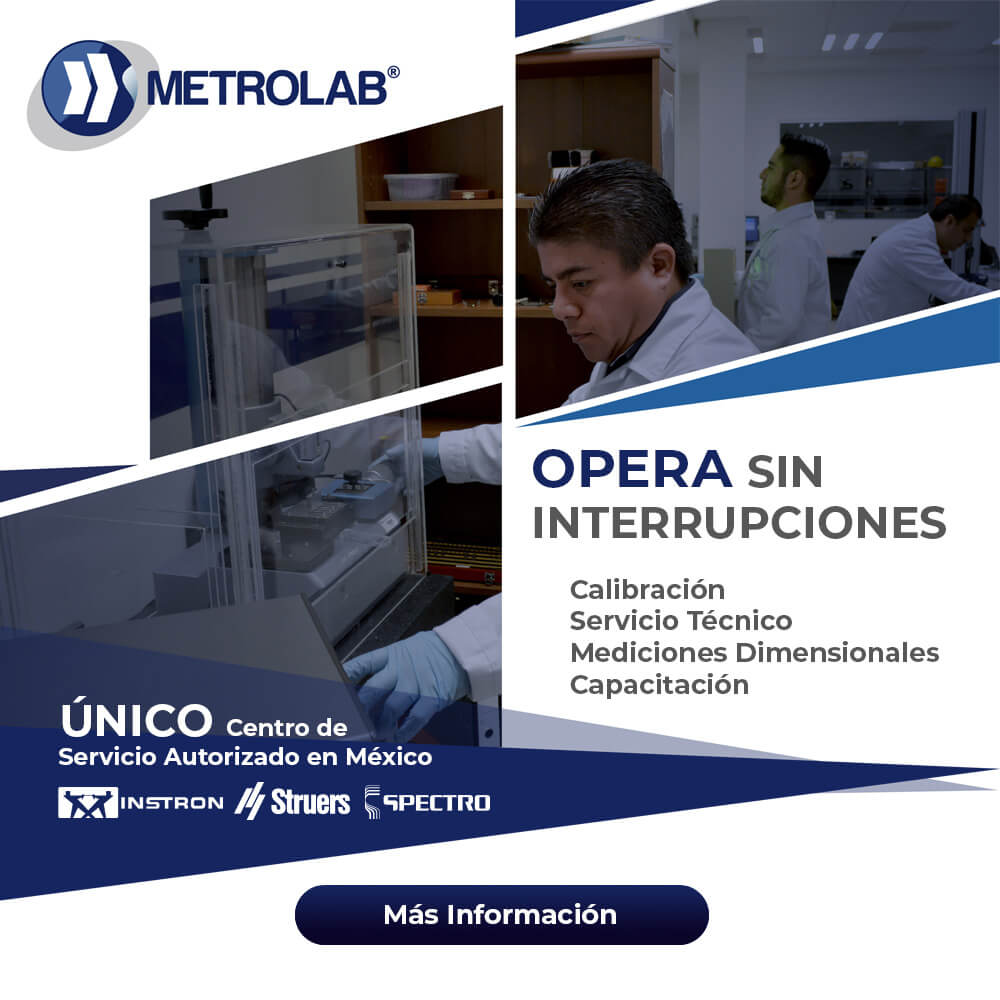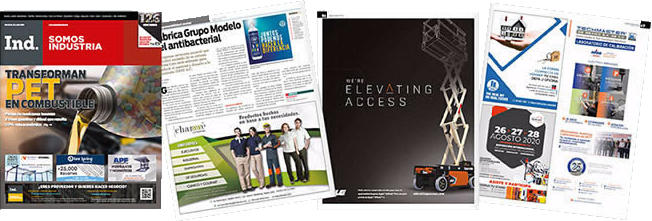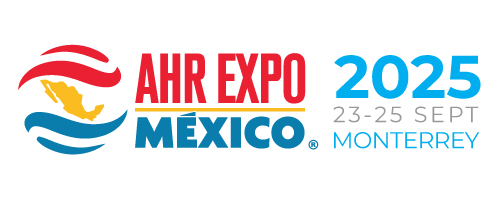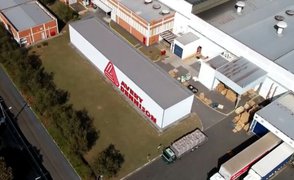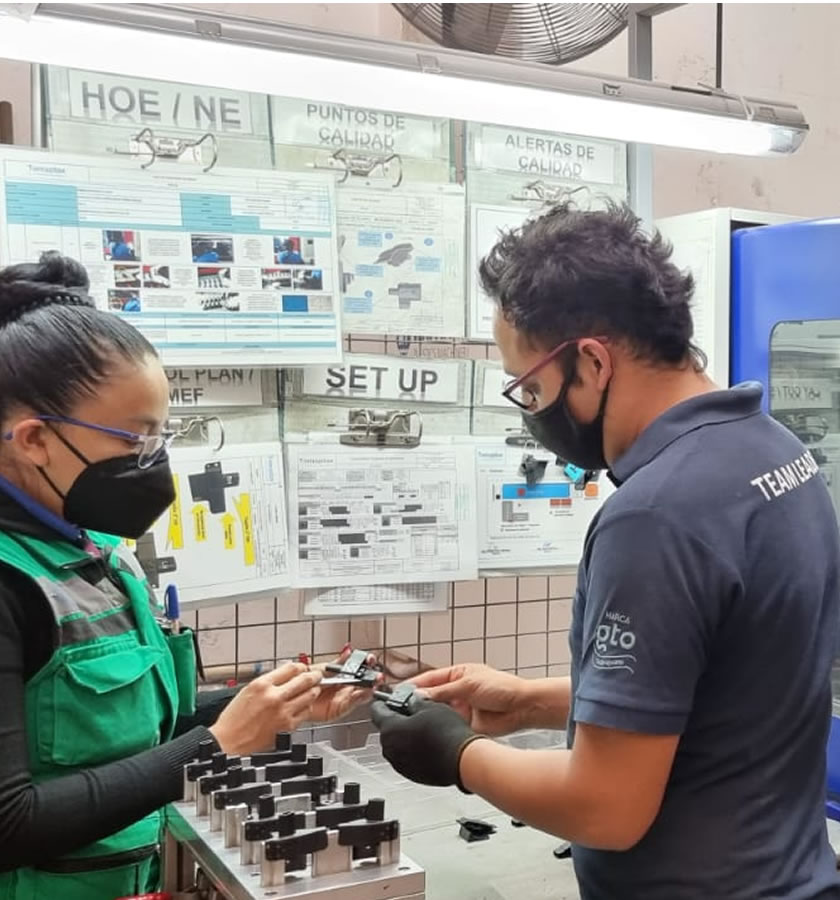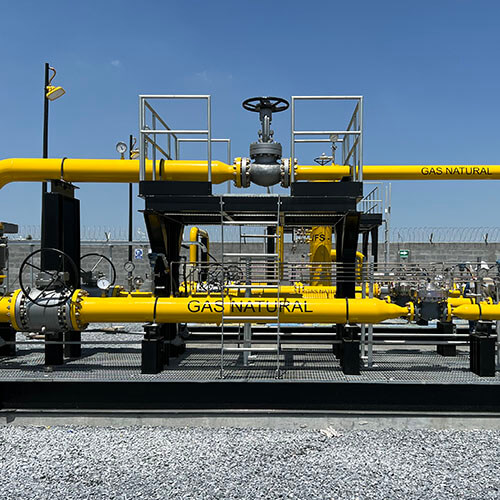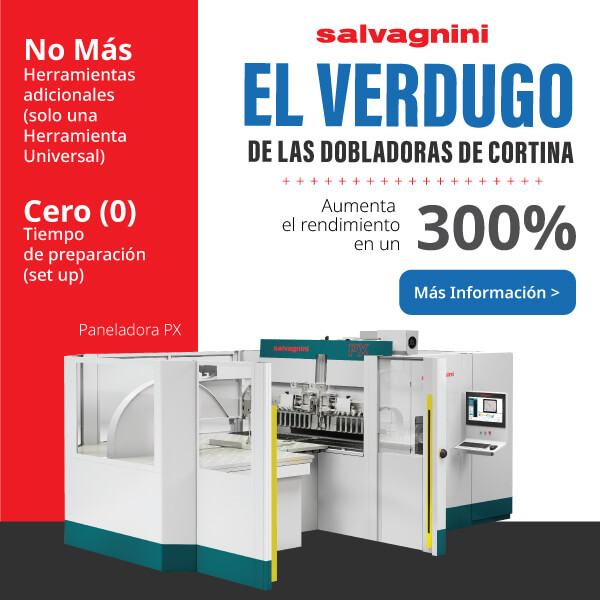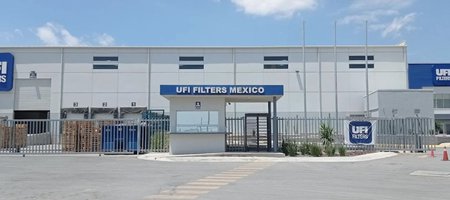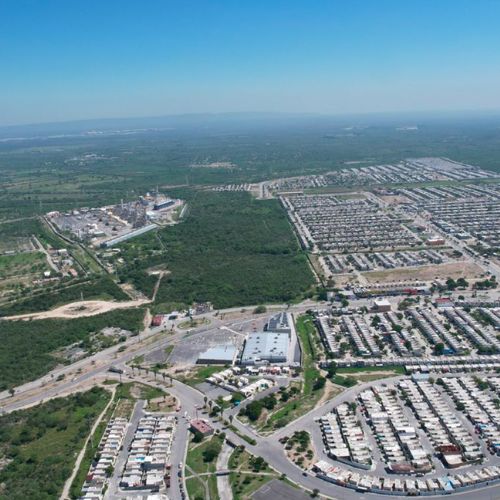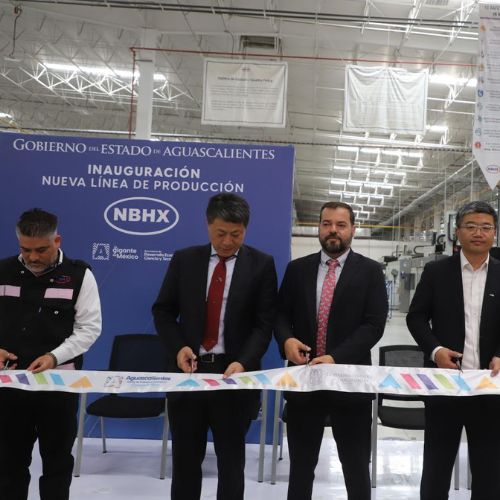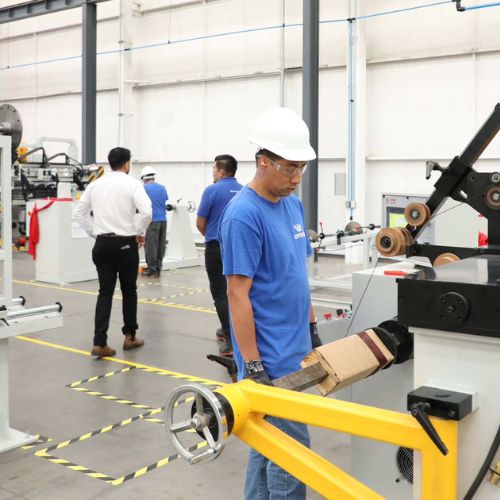A clear example of this is the demand from our neighbor to the North, which at present requires fresh, healthy and safe food products; and Mexico is able to offer all of the characteristics required by that market.
Mexico is working very hard in the area of organic products and this has been very successful within the European market by offering high quality products with added value, such as fruits and vegetables.
Over the past several years, in addition to the United States, the rest of the world has also developed a taste for Mexican food, which is the case of European countries.
Within this sector, Nuevo Leon is well known for its large quantities of exports of oranges and grapefruits as well as the State’s processed foods. It is now starting to experiment by exporting food products with high quality packaging that is ready for consumption, an added value.
“The food, beverage and tobacco sector is the sixth most important area for Nuevo Leon, with 1.3 million dollars in 2010, following the electrical, automotive, electrical appliance, metal-mechanic and steel manufacturing industries”, stated Edmundo González, Director of the Northeastern Region of ProMéxico, who considers the processed food, drink and tobacco sector to be one of the most important within Mexico’s manufacturing industry, thanks to the large net amount Mexican content of raw materials with which it is produced.
“This has allowed us to participate within foreign markets and, for that reason, exports in both areas have grown significantly”, commented González upon indicating that exports for that industry in Mexico constantly grow at a rhythm of 15% per year.
“The majority of exports are from small and medium-sized companies, without taking into consideration exports by large companies”, stated the director who indicated that in terms of competitiveness in Mexico, companies should focus on marketing processed food that is ready to eat, with added value, service and product differentiation, which implies a wide diversity of presentations to facilitate their acquisition, preparation, presevation and consumption.
The industry in numbers
Up to 2008 there were approximately 436,851 economic units from the manufacturing industry in the country, of which 157,922 were from the sector of food, beverages and tobacco.
And it is estimated that there are 2, 894 business units in that sector in Nuevo Leon, 1,698 in Querétaro, 3,074 in San Luis Potosí, 6,146 in Guanajuato, and 2,622 in Coahuila.
During 2009, the Direct Foreign Investment in the food sector reached the amount of 893.9 million dollars, 879.1 of which were directed to the division of foods and beverages and 7.4 to the agricultural, livestock, forestry and fishing sectors. Of this, the Federal District attracted 688.8 million dollars, Nuevo León 63.1 million, Guanajuato 9.0 million, and Coahuila, 8.5 million dollars.
Diversity of Food Products
The food, beverage and tobacco sector is formed by 13 areas of activity that include: meat and dairy products; prepared fruits and vegetables; ground corn; processed and ground coffee; sugar; edible oils and fats; animal feed; other food products; as well as alcoholic beverages; beer and malt; soft drinks and water, and tobacco.
Together they group together 45 industrial areas. And those that are in first place are meat and dairy products, ground corn, other food products, beverages and water, and ground wheat.
The director of ProMéxico pointed out that some of the products most exported by Mexican companies are produce, flowers, fruit and grains; and within the area of fresh produce are found tomatoes and avocados.
The production of processed food includes sauces, candy, condiments in general, canned foods and snacks. n
Beverages in Mexico
The carbonated drink market in our country holds first place in world consumption.
It is estimated that the consumption of soft drinks per person is 158 liters per year.
In Mexico, more that 13 million families in poverty use 5.2% of their income to purchase soft drinks, more than they spend on beans.
There was surprising growth between 2000 and 2009, since the volume of sales of soft drinks went from 15,091 million liters to 91,017 million liters, which is a growth of 13.8%.
The bottling industry has 87% of the GDP of the Food, Beverage and Tobacco division; 2.6% of the manufacturing industry and 0.4% of the total GDP.
It is foreseen that for 2013 the figure will reach 238,000 million pesos.
The industry has 131 production centers throughout Mexico, 415 warehouses for distribution and a fleet of more than 35,000 units.
According to the Health Commission of the House of Representatives, 230 bottling plants in Mexico sell a total of 300 million cases each year, which is an estimated operation of 193,000 million pesos.
Tobacco industry
The Mexican tobacco industry provides almost 5,000 direct jobs and more than 30,000 jobs among farmers and day laborers. It has more than 7,000 hectares planted and the economic revenue in the sector is more than 420 million pesos.
In 2009, tobacco production in Mexico reached 7,739 tons.
Support for companies in the food sector
He emphasized that ProMéxico also supports all companies in this sector, with International fairs as well as economic support of up to 50,000 pesos made available to certify food standards.
“Certification is very necessary in order to enter new foreign markets. Companies in Mexico have great potential, but one must fulfill many regulations and we reimburse the cost for that”, explained the director, who added that the agency also supports the design of adequate packaging for the type of product and for the market within which it will be sold.
The food, beverage and tobacco industries have an annual growth of
15%
In Nuevo Leon, it holds sixth place with
1.3 mdd
in revenue in 2010.




